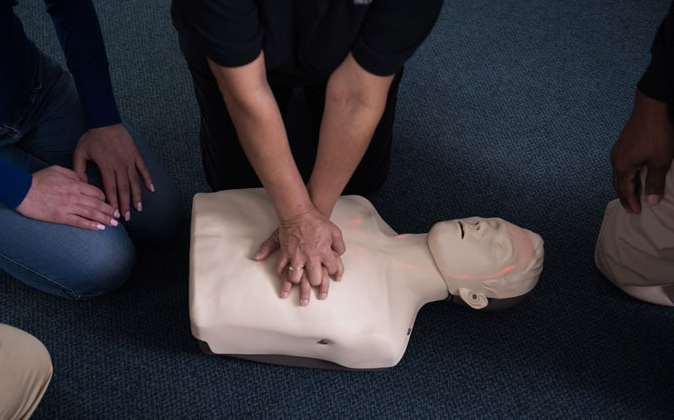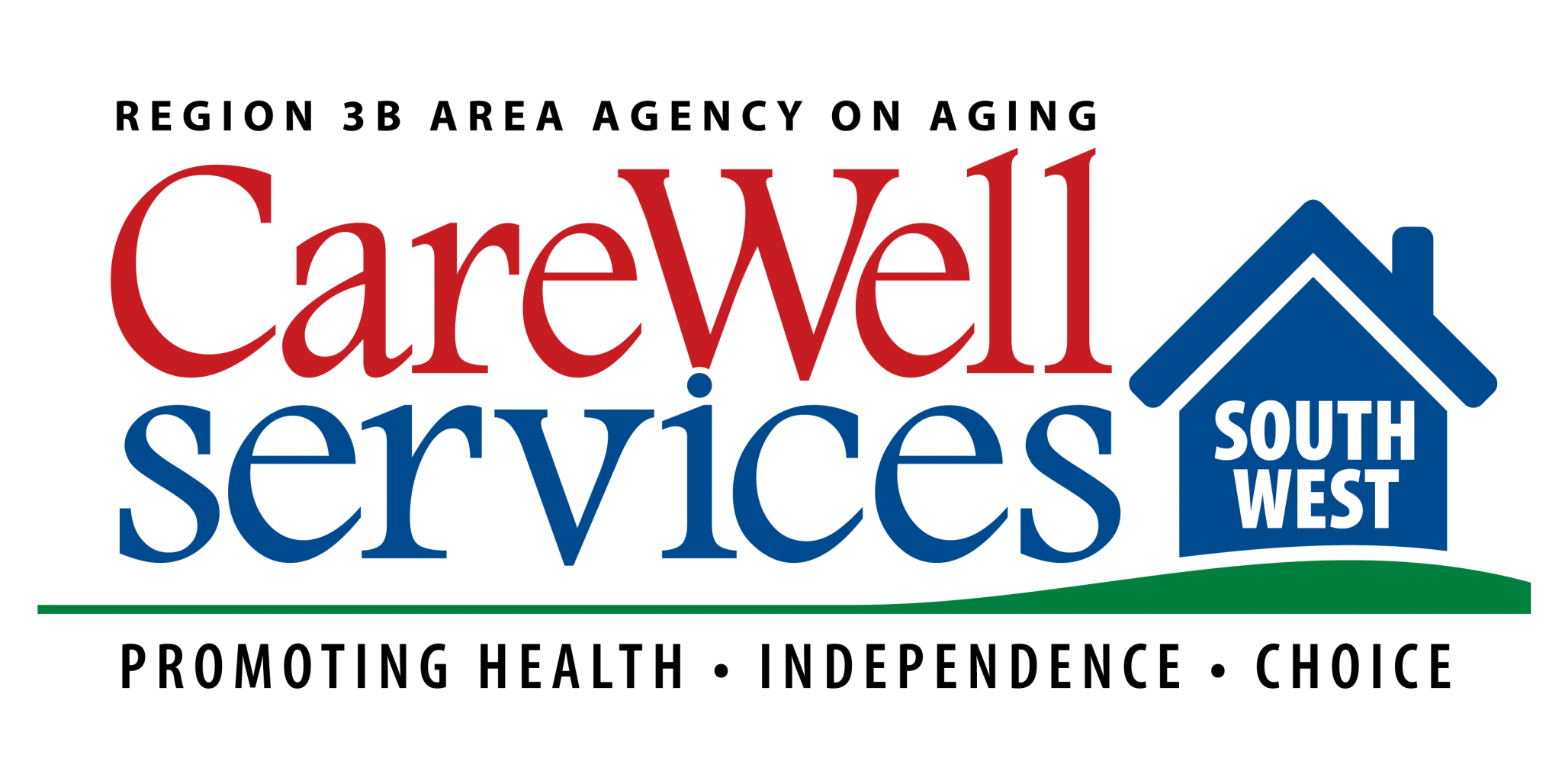
As we age, maintaining our health and independence becomes a top priority—but so should learning skills that help us protect others, especially in emergencies. One of the most vital and empowering skills seniors can learn is cardiopulmonary resuscitation (CPR).
Why CPR Matters for Older Adults
Heart disease remains the leading cause of death globally, and adults over 65 are at the highest risk. In the U.S., approximately 70% of cardiac arrests happen at home, meaning seniors are likely to witness or experience a cardiac emergency involving a spouse, friend, or neighbor.
Knowing CPR can literally mean the difference between life and death. When the heart stops, brain damage can begin within minutes. Administering CPR can double or triple a person’s chances of survival if performed immediately. For seniors who live in retirement communities or with other older adults, having CPR knowledge becomes even more crucial.
Breaking the Myths
Many older adults hesitate to learn CPR, believing it’s too physically demanding or that it’s a job for younger people. However:
● Hands-only CPR (no mouth-to-mouth needed) has made the technique simpler and more accessible for people of all ages.
● CPR training can be adapted for those with limited mobility or arthritis.
● Even imperfect CPR is far better than no intervention at all.
Empowerment and Preparedness
Learning CPR gives seniors confidence. It allows them to feel prepared, not powerless, in emergencies. It also promotes a culture of care—helping friends, spouses, and even strangers when time is critical.
Additionally, participating in CPR training can be a social activity. Many senior centers, YMCAs, and local Red Cross chapters offer free or low-cost classes tailored for older
adults. These sessions also cover how to use an AED (Automated External Defibrillator), another potentially life-saving tool increasingly available in public spaces.
A Skill That Saves Lives—Including Your Own
While it’s important to know CPR to help others, there’s also a self-interest: If more people in your community know CPR, you’re more likely to survive if you need it. By getting trained, seniors contribute to a more responsive, safer environment for themselves and those they care about.
Getting Started
To find a CPR class near you, contact:
● Local fire departments or hospitals
● Community or senior centers
Final Thoughts
It’s never too late to learn CPR. Whether you’re 65 or 85, you can be a hero. With just a few hours of training, senior citizens can gain the power to save lives—and that’s a legacy worth embracing.
